Home > Shop
Shop
Free shipping on all Australian orders!
Product categories
Featured collection
-
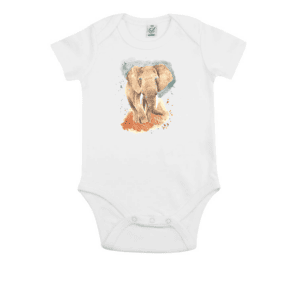
Baby Onesie
$35.00 Select options This product has multiple variants. The options may be chosen on the product page -
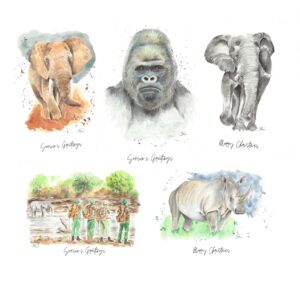
Christmas Cards
$12.00 Add to cart -
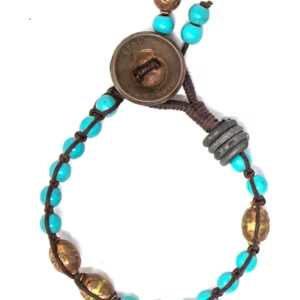
Friendship Bracelet in Turquoise
$75.00 Add to cart -
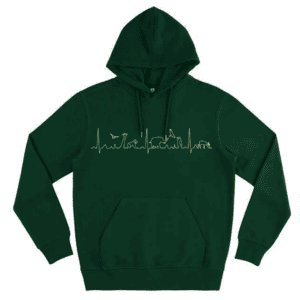
Heartline Hoodie 2024 – LIMITED EDITION Green
$89.00 Select options This product has multiple variants. The options may be chosen on the product page -
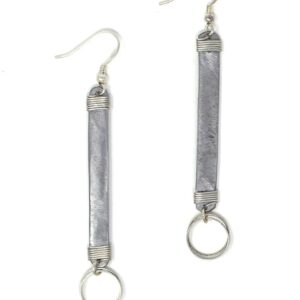
Original Snare Earrings
$75.00 Add to cart -
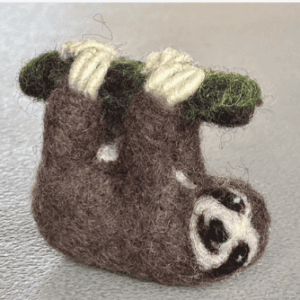
Sloth ‘Felti’ – Peruvian handmade felted animals
$32.00 Add to cart -
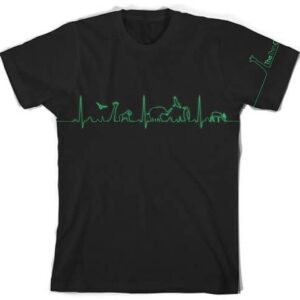
Adult Heartline Tee – Heritage Logo
$38.00 Select options This product has multiple variants. The options may be chosen on the product page -
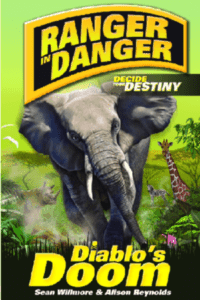
Ranger in Danger – Diablo’s Doom
$7.00 Add to cart -
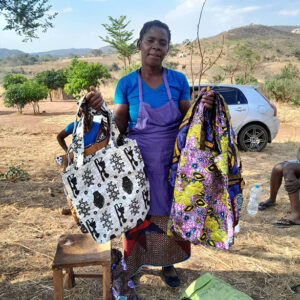
Zambian Chitenge Handmade Bags
$35.00 Add to cart
